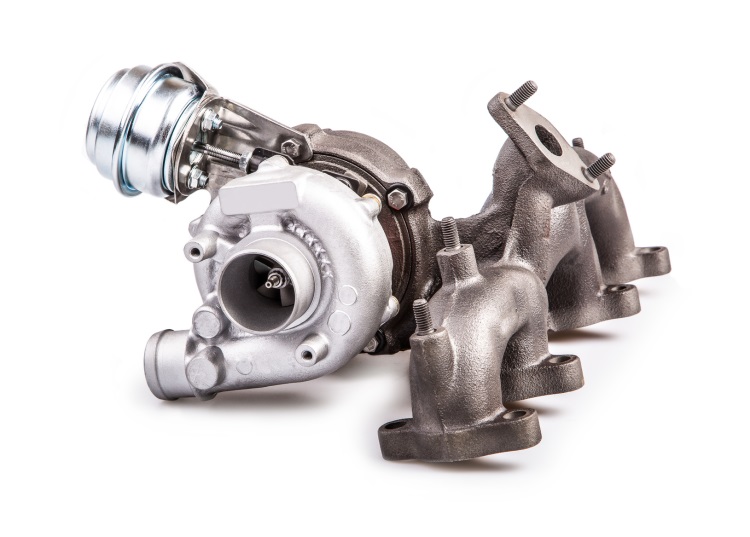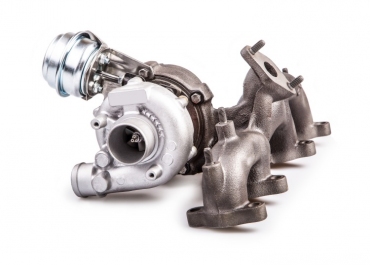A diesel turbo or turbo diesel is a diesel engine charged with a turbocharger. A turbocharger helps to increase the efficiency of an engine by providing higher outputs and reduced emissions. The refinement levels in turbo-diesel engines are higher than that compared to natural engines.

Some of the Common and Most Noticeable Features of Turbo Diesel Engines are Listed Below:
- Turbo diesels are more flexible compared to normal engines since they provide a stronger boost and torque as compared to the latter which is characterized by strong low-speed torque.
- A more equal spread of both torque and power over a speed range if built for commercial purpose can be designed keeping in mind the exact usage and driving speed.
- Weighing very less, turbocharger units can render significant power, torque, and improve efficiency of the engine.
- If one fits a turbocharger to a diesel engine, the latter’s power-to-weight ratio can go up to the same level as that of a petrol unit, thus making turbo diesels fit for being used in all vehicles.
- There are many ways in which turbochargers can be considered more suitable for diesel engines. Diesel engines work in a smaller speed range and this means that the turbochargers will not need to change speed often, thus reducing the possibility of turbo lag and hence can give an overall better efficiency. Dump valves are not required by diesel engines which are not prone to detonation owing to the fact that the fuel is not injected till the point when the combustion takes place. Thus, unlike turbocharged spark-ignition engines, anti-detonation measures or reduction of compression ratio do not have to be undertaken. Torque output is also better with turbo diesel engines and thus they are a favorite with truck owners, allowing them better opportunity for towing.
Tips for Saving Up Fuel with Your Turbo Diesel Engines
Following are a few tips which are aimed to guide you in achieving fuel efficiency with your turbo diesel engines:
- Highways are the best places to drive a vehicle with a turbo charged diesel engine. The reason behind this is simple – when driving on a highway you are neither driving too fast nor too slow, thus staying balanced at an efficiency speed.
- Fuel efficiency in turbo diesel vehicles can be achieved to a great extent if one turns off or at least minimizes electric usage in the car. Charging phones, listening to the radio and above all, keeping the air conditioner or the heater on are the highest bidders for electric usage and therefore responsible for more fuel consumption.
- Stopping often with a turbo diesel engine might cause more fuel consumption since the turbo has to start up again and gain boost. Thus, it is best to avoid stopping frequently if your car has a turbo diesel engine. Traffic signals cannot be overruled but avoid roads which have a lot of traffic jam or more signals.
- Those with a manual transmission car should try to maintain the highest possible gear possible and remember not to switch gears at high revs. The ones with an automatic transmission system should make use of cruise control to the maximum extent possible since car computers are much more efficient in keeping the RPMs in check.
- The glow plug light on the dashboard is also a great way of wasting fuel.
An attempt at saving fuel using the above mentioned ways might not show magical results but will do some good to both the environment by reducing CO2 emission as well as cutting on your fuel costs. If you still want to know more then let’s go to the details and get some more useful information about diesel turbo and turbochargers.

